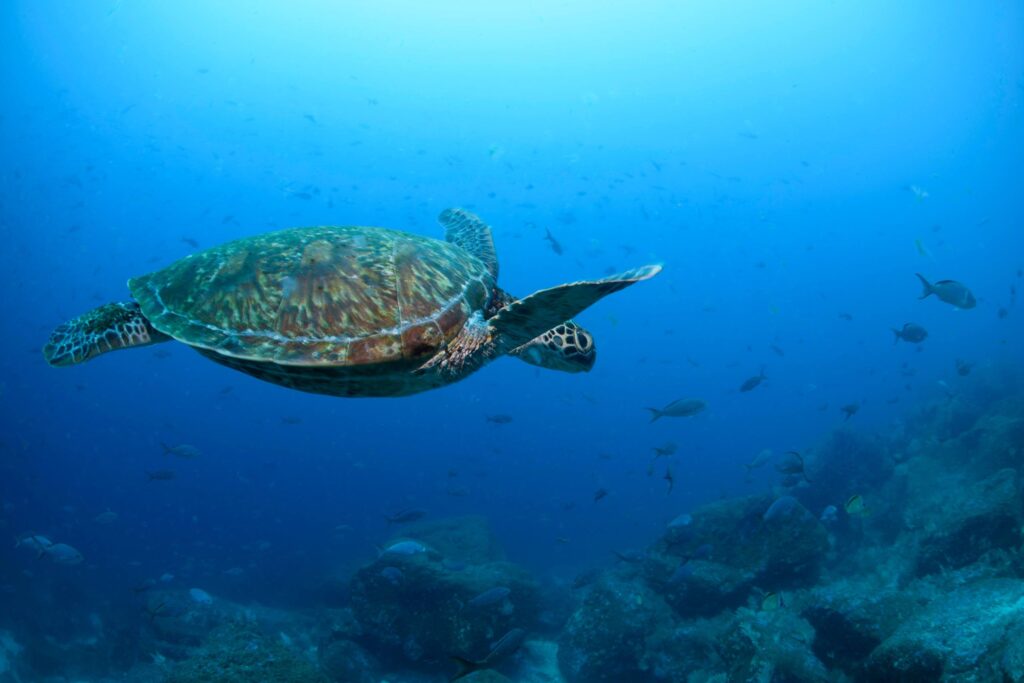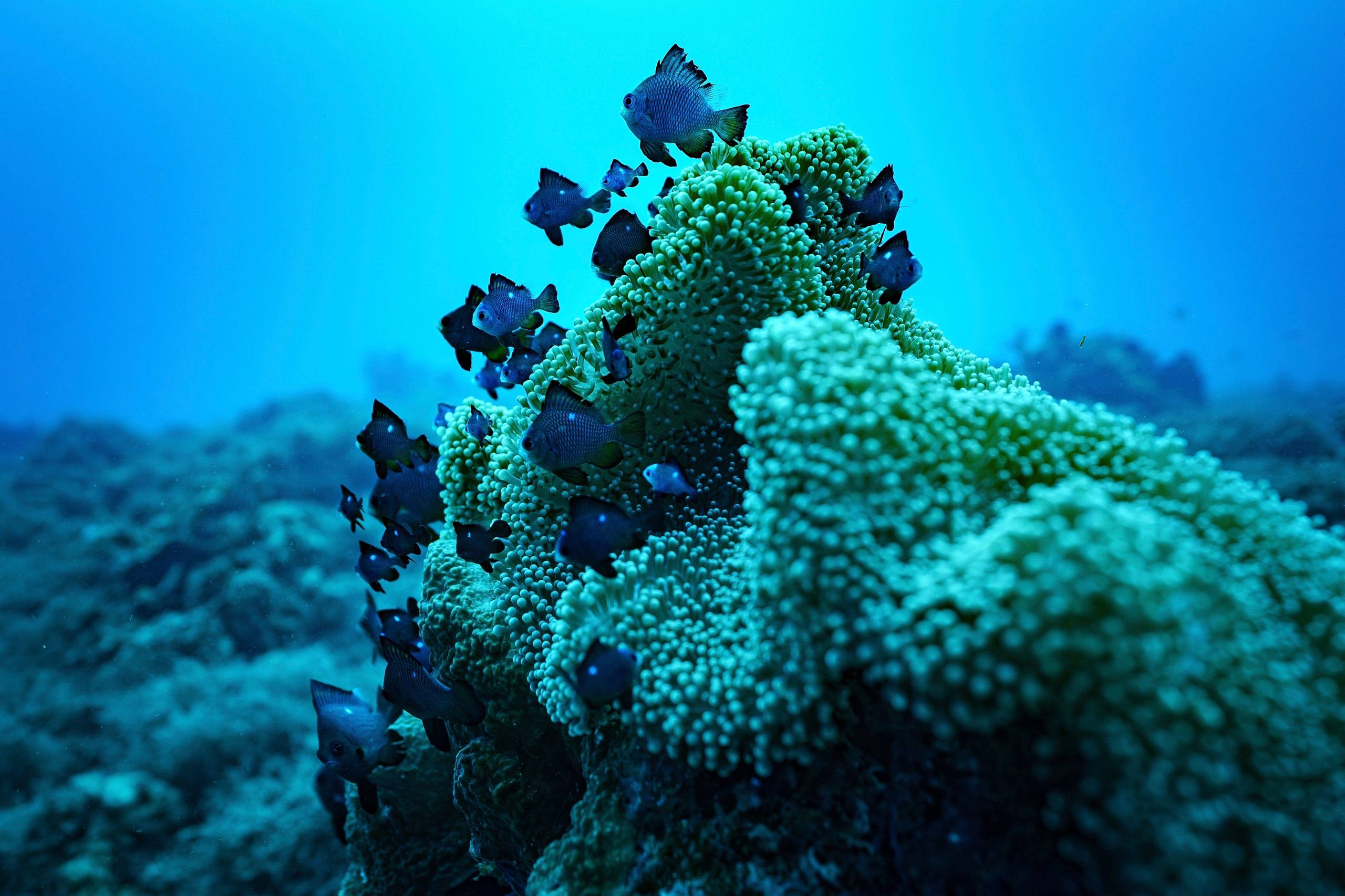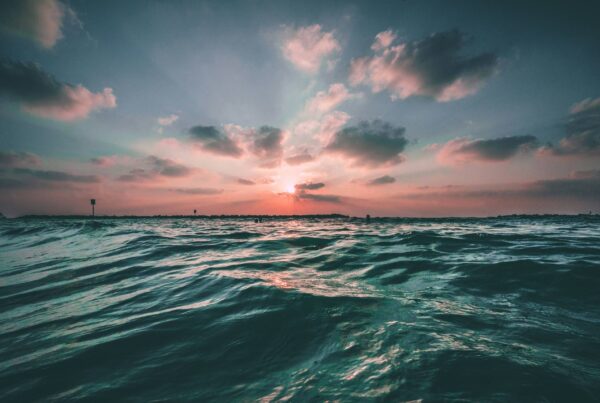Morocco officially became the 60th nation to ratify the High Seas Treaty on September 19, 2025. This milestone marks a turning point in the global effort to protect biodiversity in international waters. With this ratification, the treaty will enter into force within 120 days, around January 2026. Its enforcement raises new hope for the global community, which has long struggled to establish binding rules for areas beyond national jurisdiction.
The High Seas Treaty, also known as the BBNJ Agreement, was adopted by the United Nations General Assembly in 2023 after years of negotiation. It was born out of growing concerns over the overexploitation of the high seas, which cover nearly two-thirds of the world’s oceans. Without clear regulations, these waters remain vulnerable to overfishing, pollution, and unchecked resource exploration threatening marine ecosystems. The 60th ratification now unlocks a new era of binding international law designed to safeguard these fragile regions.

Mechanisms and Content of the Treaty
The High Seas Treaty establishes several key mechanisms to ensure the sustainability of international waters. First, it enables the creation of marine protected areas in regions previously lacking legal protection. Second, any exploration or exploitation of ocean resources must undergo strict environmental impact assessments. Third, the treaty ensures fair and equitable sharing of benefits derived from marine genetic resources. In addition, it promotes technology transfer and capacity building, especially for developing nations, so they can participate equally in managing and benefiting from the high seas.
The agreement is not only about ecology but also about global equity. Wealthier nations with advanced technology have historically reaped disproportionate benefits from deep-sea exploration. By introducing fair benefit-sharing rules, the treaty creates more opportunities for developing countries to access the ocean’s shared resources. This positions the High Seas Treaty as a landmark instrument in leveling the playing field in international governance.
Global Reactions and Implications
Morocco’s 60th ratification was welcomed worldwide. UN Secretary-General António Guterres hailed it as “a monumental step for our planet,” underscoring the continued relevance of multilateral diplomacy in solving global challenges. Environmental organizations such as Greenpeace and the High Seas Alliance praised the development, calling it a historic milestone in marine protection.
Still, challenges remain. Major powers including the United States, Russia, and China have not yet ratified the treaty. Their absence could limit the effectiveness of its early implementation, although the treaty will still carry full legal force under international law. Analysts stress the need for continued diplomacy to bring these powers into the framework of compliance and oversight.
For the world, the treaty’s entry into force in January 2026 will be a pivotal moment in the fight against climate change and marine ecosystem loss. If implemented consistently, it has the potential to protect billions of tons of marine biodiversity, support global food security, and help stabilize the climate by safeguarding the ocean’s natural carbon sink capacity.
This international ocean treaty is not the end of the struggle but the beginning of a long-term commitment requiring cooperation, funding, and rigorous enforcement. The world will watch closely to see whether nations live up to their promises to preserve the high seas as humanity’s shared heritage. To explore the broader context of environmental policies, readers are encouraged to continue with related articles on Olam News covering climate change and international diplomacy.






